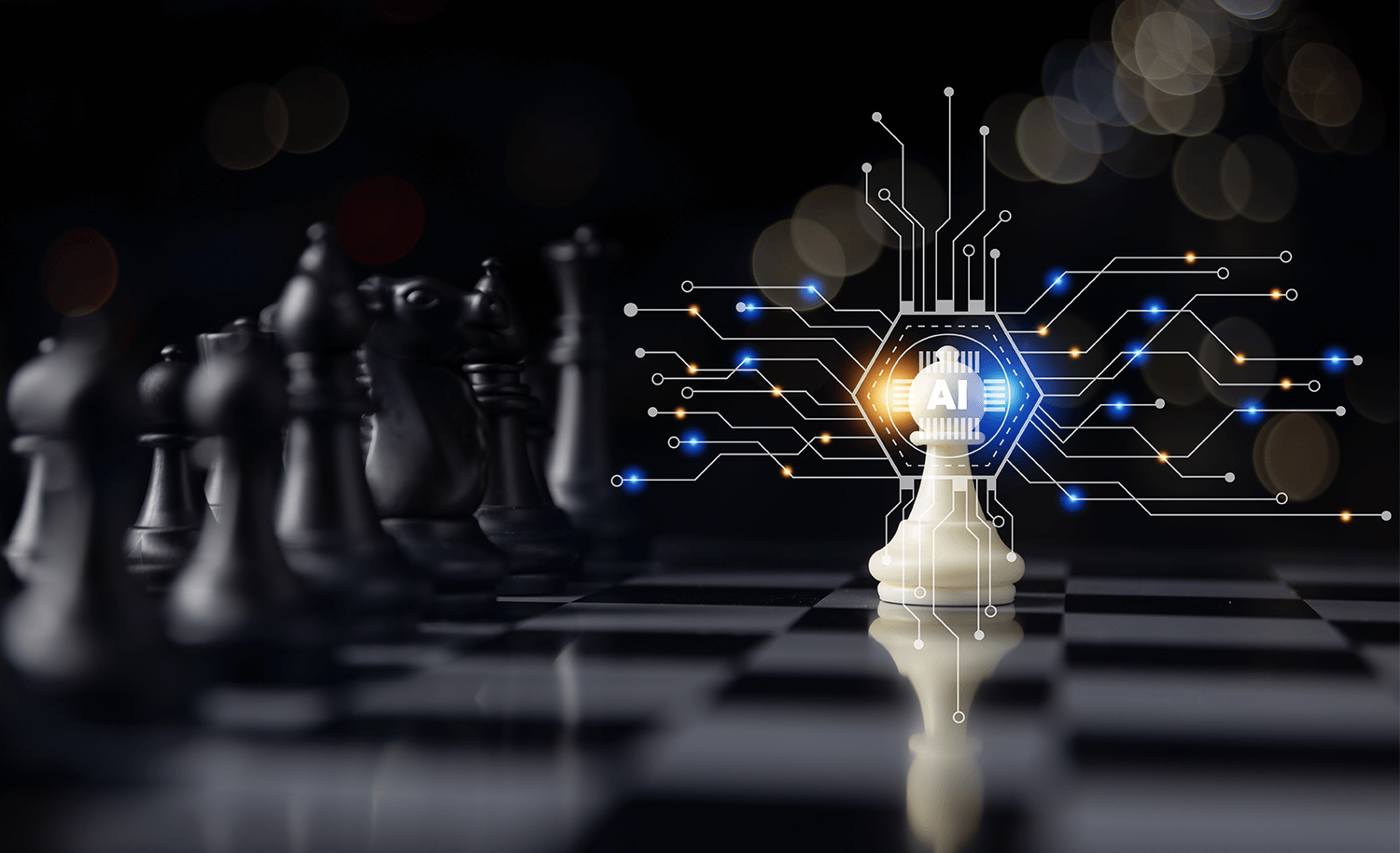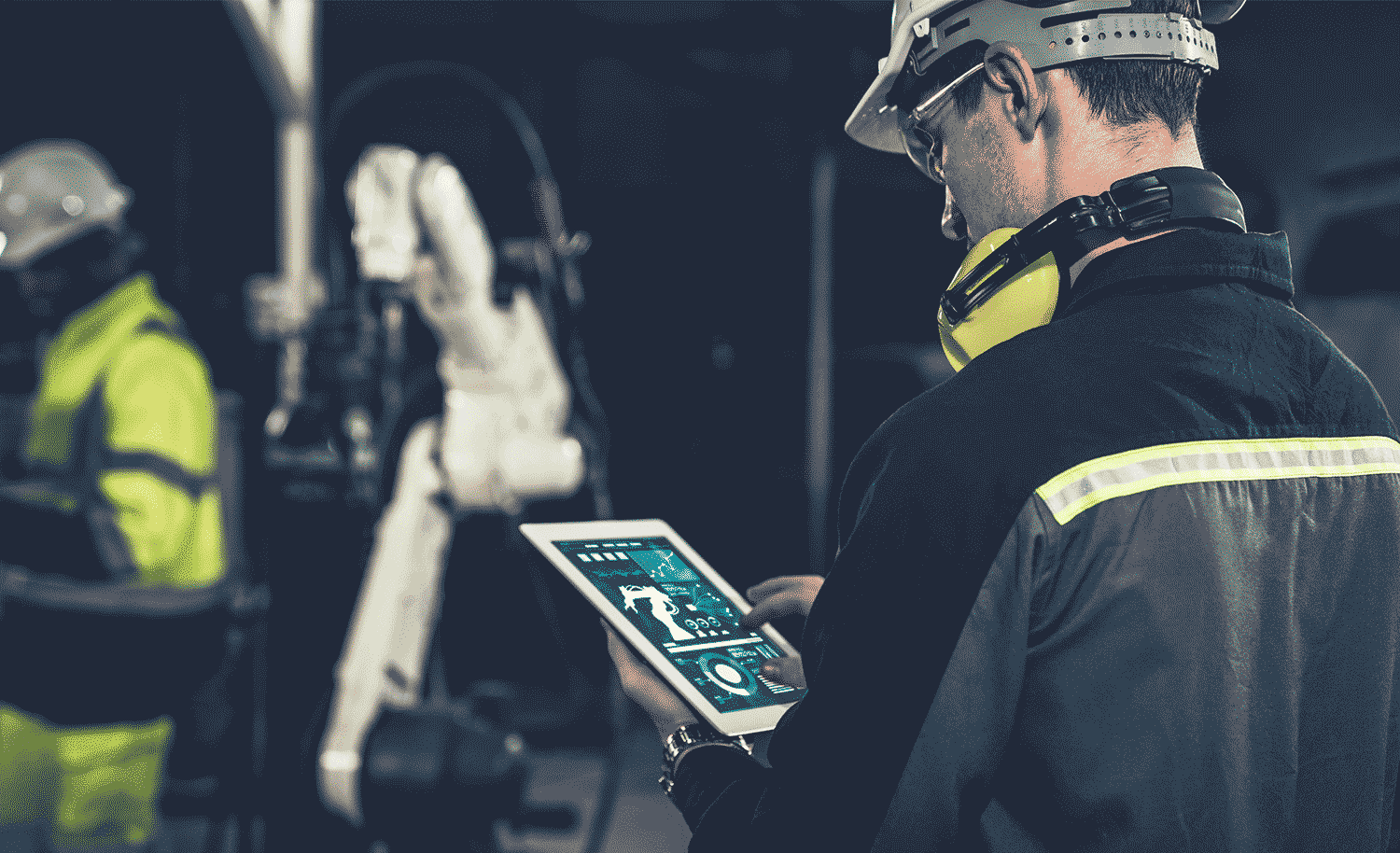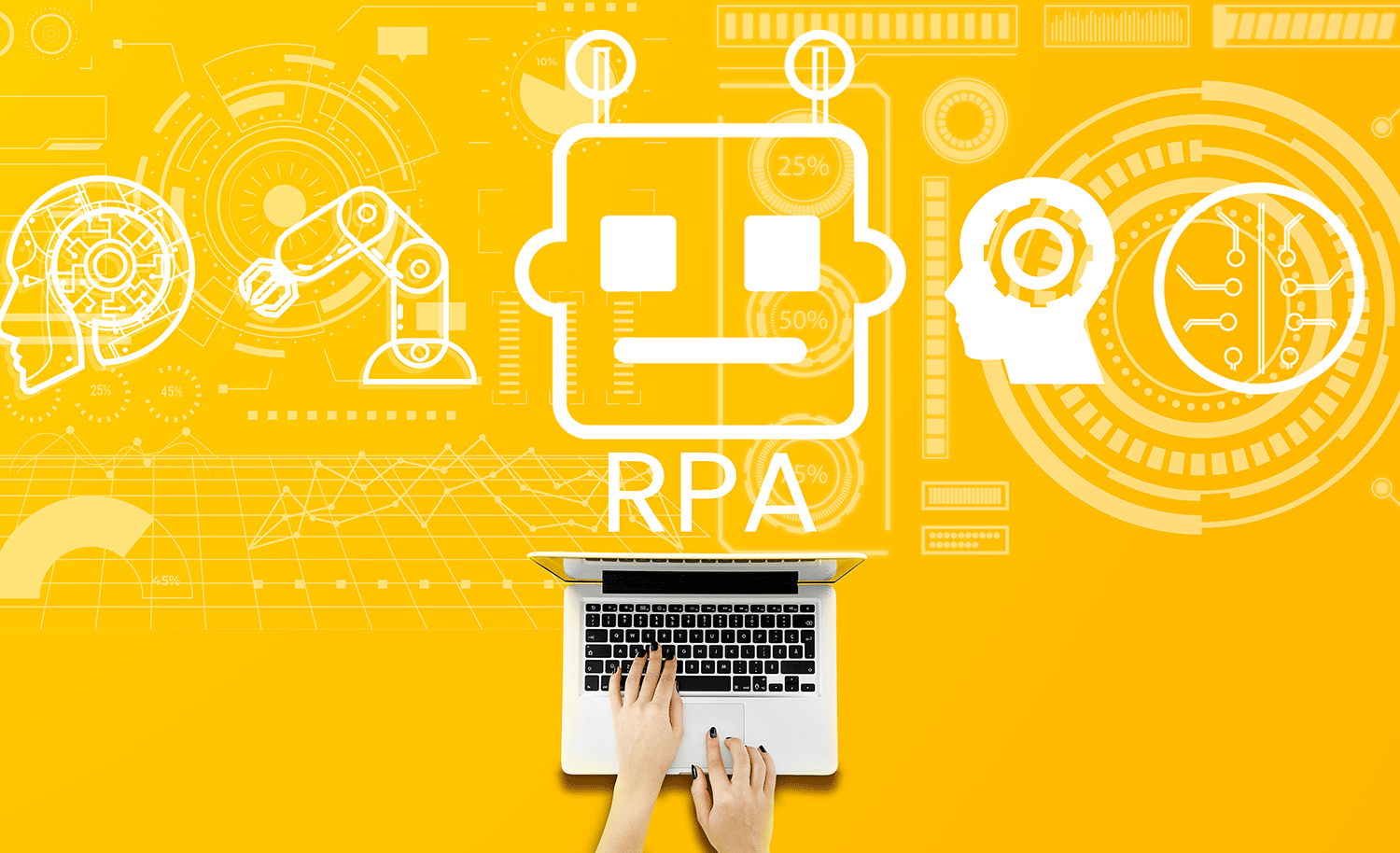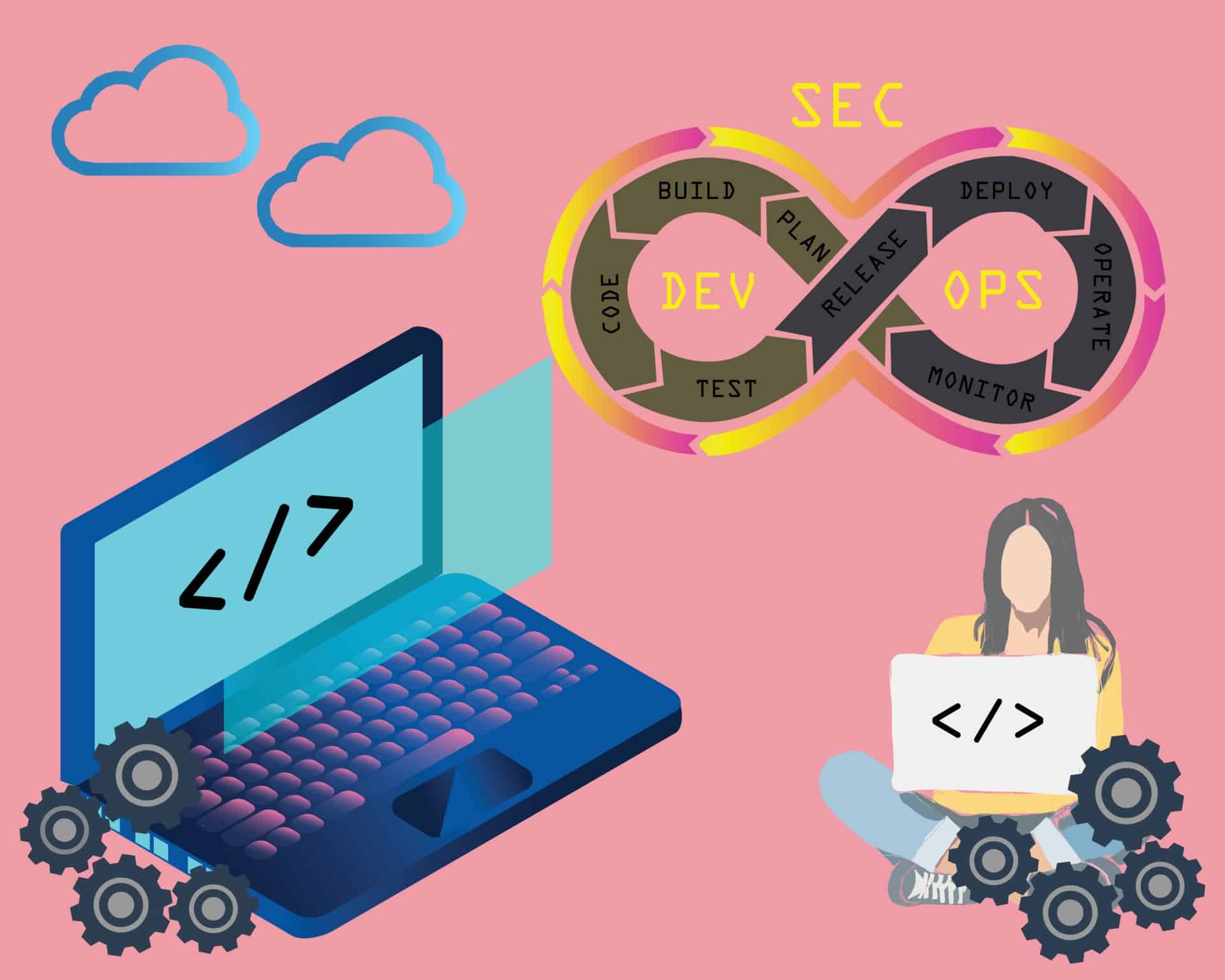Blogs
To know about all things Digitisation and Innovation read our blogs here.
Ai solution Conceptualization
What are the potential AI solutions in Automation?
SID Global Solutions
27 December 2022

Overview
In today’s digital era, automation has become an integral part of businesses, from large enterprises to small startups, as it helps to streamline processes and improve productivity. Artificial Intelligence (AI) is playing a major role in automation, enabling businesses to process large amounts of data faster and more efficiently.
In this article, we’ll take a look at the potential AI solutions that are driving automation in the present.
AI Solutions for Automation
One of the most important AI solutions for automation is predictive analytics. Predictive analytics is the process of using data to predict future trends and events, enabling businesses to make informed decisions about future operations.
AI-driven predictive analytics can be used to identify customer trends, forecast demand, and optimize pricing and customer service. AI-driven predictive analytics can also be used to predict the impact of new products and services, and to anticipate customer needs.
Another potential AI application in automation is natural language processing (NLP). NLP is the ability of machines to interpret human language, allowing them to communicate with humans in natural language. AI-driven NLP systems can be used to quickly and accurately process customer queries, allowing customer service representatives to respond more quickly and accurately.
AI-driven NLP systems can also be used to automate customer service processes such as responding to inquiries, scheduling appointments, and providing product information.
AI-driven automation can also be used for process automation. Process automation is the use of software to automate routine or repetitive tasks. AI-driven process automation can be used to automate a variety of tasks, from customer service and customer onboarding to customer support and lead generation. AI-driven process automation is efficient, allowing companies to save time and money while providing better customer service.
Finally, AI-driven automation can also be used for robotic automation. Robotic automation is the use of robots to automate physical tasks such as assembly, packaging, and manufacturing. AI-driven robotic automation can make processes more efficient, as robots are able to carry out tasks faster and more accurately than human workers.
Finally…
In conclusion, AI solutions for automation are becoming increasingly prevalent in today’s business landscape. From predictive analytics and natural language processing to robotic automation and process automation, AI solutions are helping businesses to streamline processes and increase efficiency. As AI solutions continue to evolve, we can expect to see more businesses leveraging these solutions to further improve their operations.









